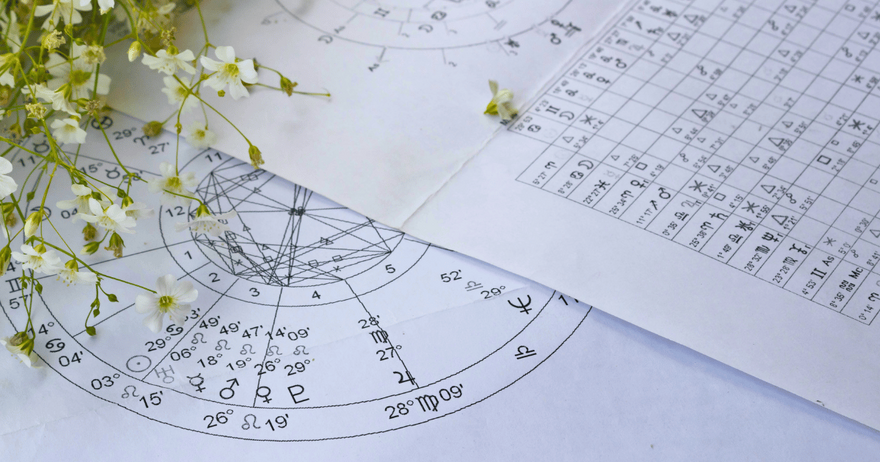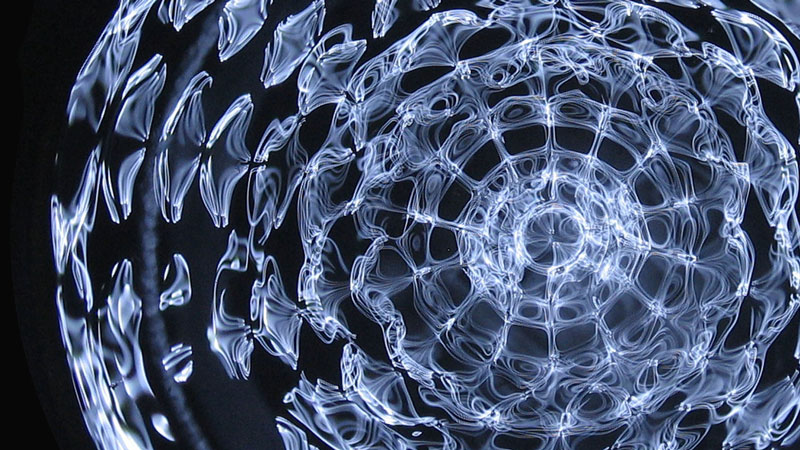Jacqueline Suowari is the Nigerian artist illustrating the human working experience with a ballpoint pen
From a length, Jacqueline Suowari’s more substantial-than-lifetime portraits search like monochromatic photos overlaid with colorful graphics. On nearer inspection, you see these extraordinary illustrations or photos are the fruits of 1000’s of very small traces created applying a easy ballpoint pen.
Suowari, 31, has been an artist considering the fact that she was a child, working towards professionally for around a decade. She analyzed High-quality Artwork at the University of Port Harcourt in southern Nigeria, and has participated in group exhibitions globally and experienced solo exhibitions in Miami and Nigeria.
Her get the job done has been highlighted in a number of publications which include Chukwuemeka Ben Bosah’s reserve, “The Artwork of Nigerian Females,” which celebrates female artists from the Nigerian diaspora.
This June she released a touring exhibition of her new body of do the job entitled “Now I Have on Myself.” In her new exhibition, Suowari considers the fetishization and condemnation of aesthetics associated with indigenous Nigerian cultures, and attempts to destigmatize subjects that are generally taboo in the nation, like melancholy, grief and shame.
Philosophy with a ballpoint pen
As a youngster Suowari didn’t know no matter if to be an artist, a poet or a dancer — so she resolved to be all 3. “In some way, I’ve been in a position to merge all these items jointly to form the Jacqueline Suowari experience,” she laughed.
“I describe myself as a visual artist who specializes mostly with the ballpoint pen,” reported Suowari. Her apply is a combination of intricate drawings paired with bold Afro-urban painted components in poppy, most important colours. These is effective — normally up to 8 feet tall — are accompanied by poetry and overall performance art.
“With my drawings, I have this philosophy of layering — it’s just a way that I sample my strokes on every other,” explained Suowari. “I like to glimpse at each individual stroke as the human expertise. A single expertise, just one stroke — and the collecting, and layering, and slipping jointly of all the strokes creates the person and their character.”

Suowari will work in fine detail on a macro scale. Credit history: Courtesy of Jacqueline Suowari
Her mark-creating process is painstaking, with most of her functions requiring months of meticulous drawing.
The energy of the pen
Suowari’s do the job is as motivational as it is aesthetically satisfying. Her enormous creations share a message of hope and empowerment their intention is to enable Nigerians to embrace vulnerabilities — encouraging them to focus on challenges, which include mental health, that she says aren’t in popular discourse in Nigerian modern society.
One particular of the parts involved in her most current physique of do the job is an graphic of a girl carrying a standard Ankara wax print gown and loosely styled dreadlocks. “One of the items that was the agitation for the EndSARS motion was the stereotyping of folks based on their appears to be,” mentioned Suowari. “In Nigeria, if a policeman really should discover a woman dressed like that in the night time, they would say she’s a prostitute.”

Suowari opened her new solo exhibition, “Now I Put on Myself”, at RetroAfrica in Abuja in June. Credit score: Courtesy of Jacqueline Suowari
Suowari said that her large portraits signify the faceless, voiceless masses she wants to inform the tales of the minority and ostracized individuals to give them power.
“I think that every person was created with a unique blueprint. It truly is like a puzzle — you might be meant to be a specific sort of way to in good shape into the puzzle for far better issues to happen,” she described. “We cannot make up this stunning picture if everybody’s the same.”
Artwork for the larger great
Suowari’s most current assortment, “Now I Dress in Myself,” opened in Abuja on June 25. The exhibition will go on tour in October with the next displaying in Lagos and even more dates to be confirmed.
After a guest appearance on Rodney Omeokachie’s “The Young God” podcast next the start, Suowari reported she was overcome with messages of many thanks for overtly discussing subjects that she feels are unnecessarily taboo in Nigeria.
“I think the artist is some sort of prophet,” she said. “Some sort of priestess, or pastor, or doctor that should be capable to use their artwork as a software to notify constructive alter in people’s minds.”
Suowari frequently gets e-mail from enthusiasts stating how her perform has touched their lives. “I feel for me that is the best accomplishment: being capable to use your art as a software to alter individuals for the bigger great,” she reported. “To encourage individuals to be much better.”








